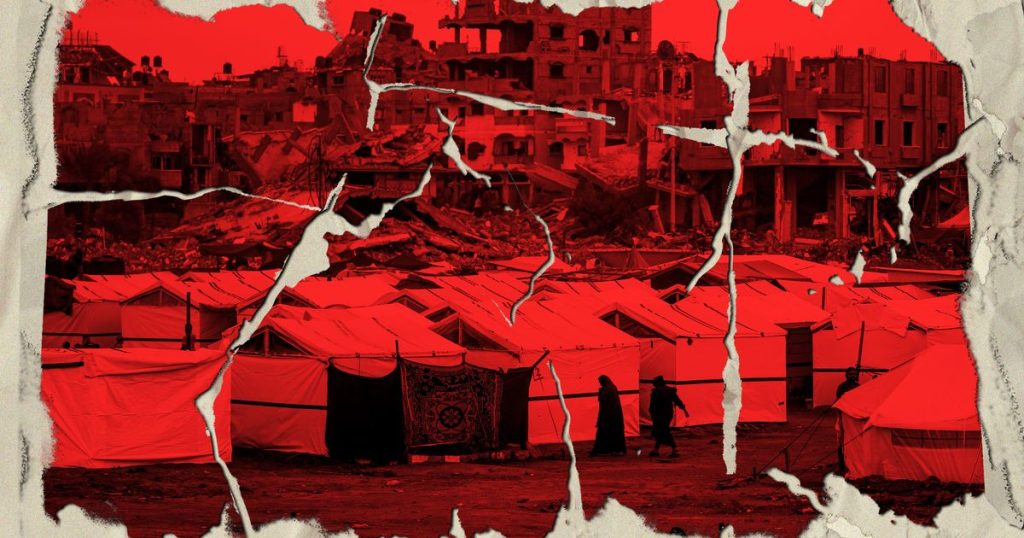Rajaa Musleh, a nurse from Gaza who now works for the medical aid group MedGlobal, shared her harrowing experience of being trapped in Al-Shifa Hospital during an Israeli military attack. She described the chaos inside the hospital, where patients were treated without painkillers and children were left traumatized. The Israeli offensive in Gaza, which began in October 2023, has created a humanitarian crisis, with thousands of people killed and the healthcare system collapsing.
Medical workers who have served in Gaza since the start of the offensive described the dire situation, with hospitals being bombed and health workers being targeted by Israeli forces. The aid blockade has prevented necessary equipment and medication from entering Gaza, leaving hospitals without essential supplies. The situation has exacerbated unsanitary conditions in hospitals, leading to infections and other health issues.
The offensive has also caused severe malnutrition in Gaza, with one in five Palestinians facing starvation. Families are resorting to eating grass and animal feed for sustenance, leading to widespread health issues. Children are especially vulnerable to malnutrition, with thousands diagnosed with acute malnutrition and several deaths reported. Pregnant women and new mothers are also at risk, with malnutrition causing complications during pregnancy and childbirth.
The spread of disease and existing illnesses are further complicating the health crisis in Gaza. The destruction of sanitation infrastructure has led to a rise in preventable diseases, with many Palestinians falling severely ill. The collapsed healthcare system has made it impossible for patients with long-term illnesses to receive necessary treatment, turning some hospitals into hospice care facilities.
The psychological toll of the Israeli offensive on the Palestinian population and healthcare workers is immense. Children in Gaza are experiencing traumatic stress, leading to behavioral and physical problems. Health workers are also suffering from insomnia, panic attacks, and rage while trying to provide care under challenging conditions. The ongoing trauma and lack of access to mental health services are exacerbating the crisis.
Rebuilding Gaza’s healthcare system will require a permanent ceasefire, reopening of humanitarian crossings, and the free flow of aid into the territory. Treatment for malnourished patients, psychological support, and specialized rehabilitation programs are needed to address the health issues in Gaza. There is a call for a more holistic approach to healing, including storytelling, art therapy, and community support programs.
Despite the challenges, medical workers in Gaza remain hopeful and determined to rebuild and serve their community. They draw strength from the resilience of the Palestinian people and their unwavering commitment to helping those in need. The international community is urged to see Palestinians as human beings with dreams and a right to peace, and to support efforts to rebuild Gaza’s healthcare system and infrastructure.


